ASTM D143 – Standard Test Methods for Small Clear Specimens of Timber
ASTM D143 – This test method covers the determination of various strength and related properties of wood by testing small clear specimens.
This test method represents procedures for evaluating the different mechanical and physical properties, controlling factors such as specimen size, moisture content,
temperature, and rate of loading.
Please Contact With Us For More Information
- Description
- Reviews (0)
- TECHNICAL SPECIFICATIONS
Description
Description
ASTM D143 – Standard Test Methods for Small Clear Specimens of Timber
ASTM D143 – This test method covers the determination of various strength and related properties of wood by testing small clear specimens.
This test method represents procedures for evaluating the different mechanical and physical properties, controlling factors such as specimen size, moisture content,
temperature, and rate of loading.
Sampling and collection of material is discussed in Practice D5536.
Sample data, computation sheets, and cards have been incorporated, which were of assistance to the investigator in systematizing records.
ASTM D143 – This standard contains test methods for determining the various strength and elastic properties of wood through 11 different
mechanical tests:
Static bending
Impact bending
Compression parallel to grain
Compression perpendicular to grain
Toughness
Hardness
Shear parallel to grain
Cleavage
Tension parallel to grain
Tension perpendicular to grain
Nail withdrawl
ASTM D143 tensile testing perpendicular to the wood grain test requirements which describes the size and shape of the grips used for tension testing wood
specimens perpendicular to the grain.
In the test, a timber specimen is cut into shape and placed into the fixture.
A tensile test is conducted and the resulting tensile strength and maximum load are analyzed.
*** The grips are made from precisely machined, high strength tool steel
ASTM D143 – Significance and Use
These test methods cover tests on small clear specimens of wood that are made to provide the following:
Data for comparing the mechanical properties of various species,
Data for the establishment of correct strength functions, which in conjunction with results of tests of timbers in structural sizes (see Test Methods D198 and
Test Methods D4761), afford a basis for establishing allowable stresses, and
Data to determine the influence on the mechanical properties of such factors as density, locality of growth, position in cross section, height of timber in the tree,
change of properties with seasoning or treatment with chemicals, and change from sapwood to heartwood.
Referenced Documents
ASTM Standards
ASTM D198 Test Methods of Static Tests of Lumber in Structural Sizes
ASTM D2395 Test Methods for Specific Gravity of Wood and Wood-Based Materials
ASTM D3043 Test Methods for Structural Panels in Flexure
ASTM D3500 Test Methods for Structural Panels in Tension
ASTM D4442 Test Methods for Direct Moisture Content Measurement of Wood and Wood-Base Materials
ASTM D4761 Test Methods for Mechanical Properties of Lumber and Wood-Base Structural Material
ASTM D5536 Practice for Sampling Forest Trees for Determination of Clear Wood Properties
ASTM E4 Practices for Force Verification of Testing Machines
ASTM E2309 Practices for Verification of Displacement Measuring Systems and Devices Used in Material Testing Machines
***PARSROS offers several types of grips and fixtures which will enable you to perform a variety of tests that are
accurate and repeatable.
Reviews (0)
Be the first to review “ASTM D143 – Standard Test Methods for Small Clear Specimens of Timber”
You must be logged in to post a review.
TECHNICAL SPECIFICATIONS
Please Contact with our engineers so that we can find and offer Best Universal Tensile Test Machines , Grips , Jaws and Other Accessories for your operations


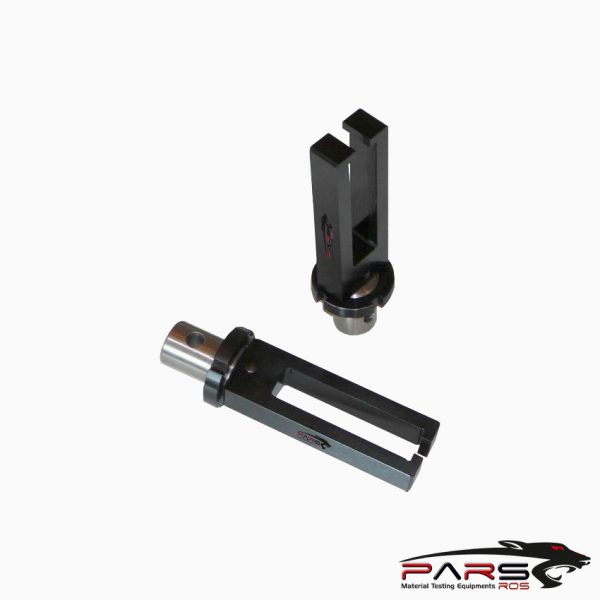
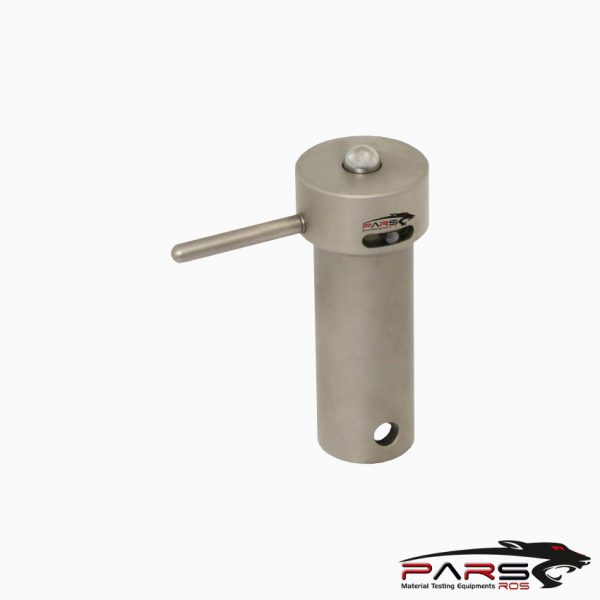
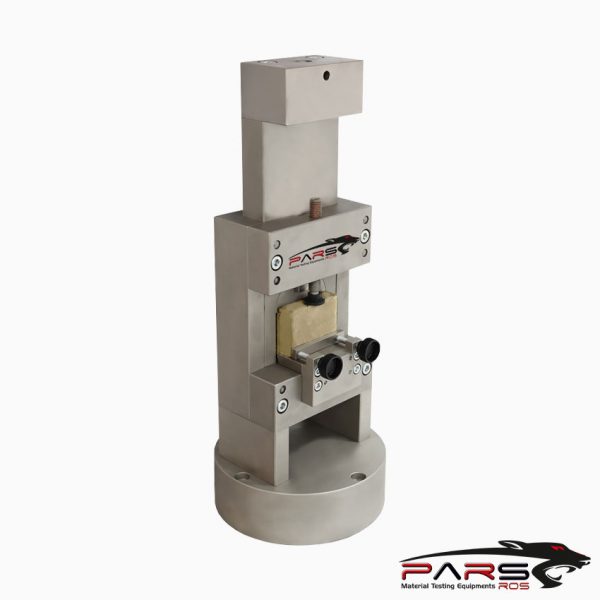
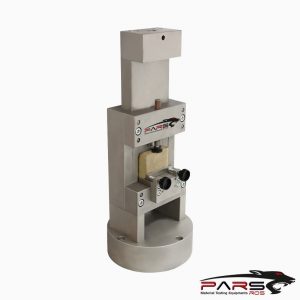
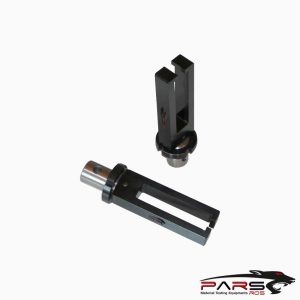
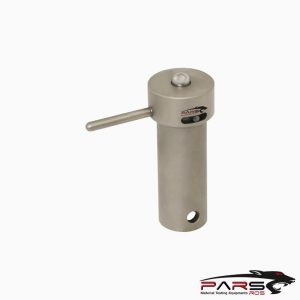
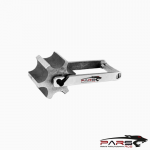
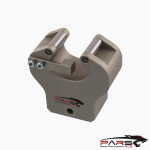
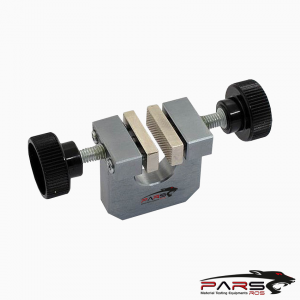
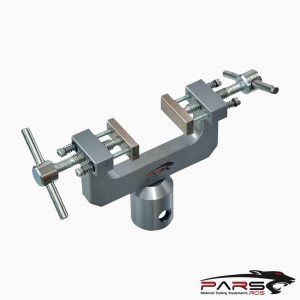

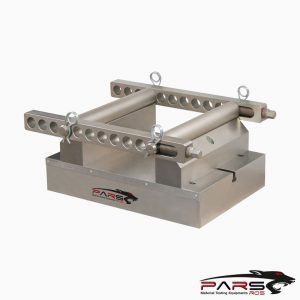
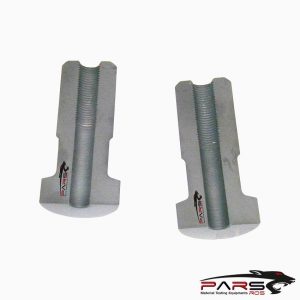
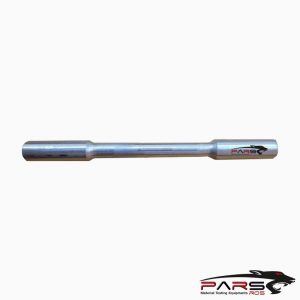
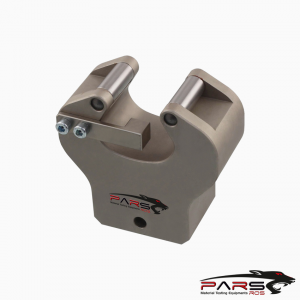
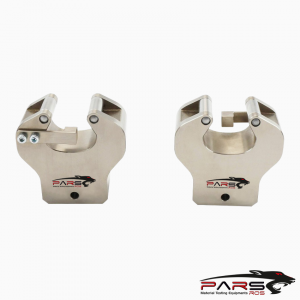
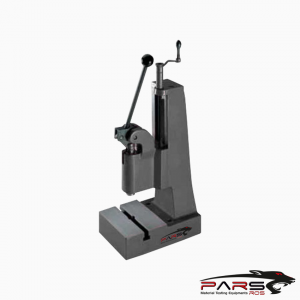
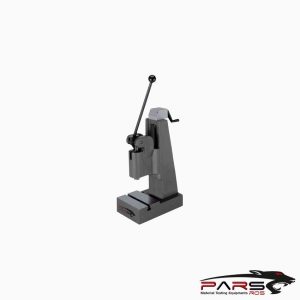
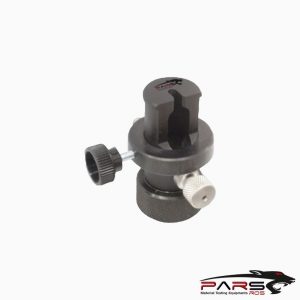
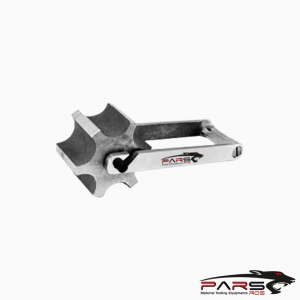
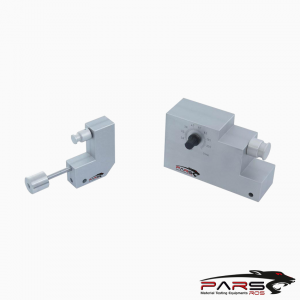
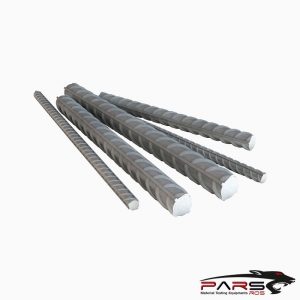
Reviews
There are no reviews yet.